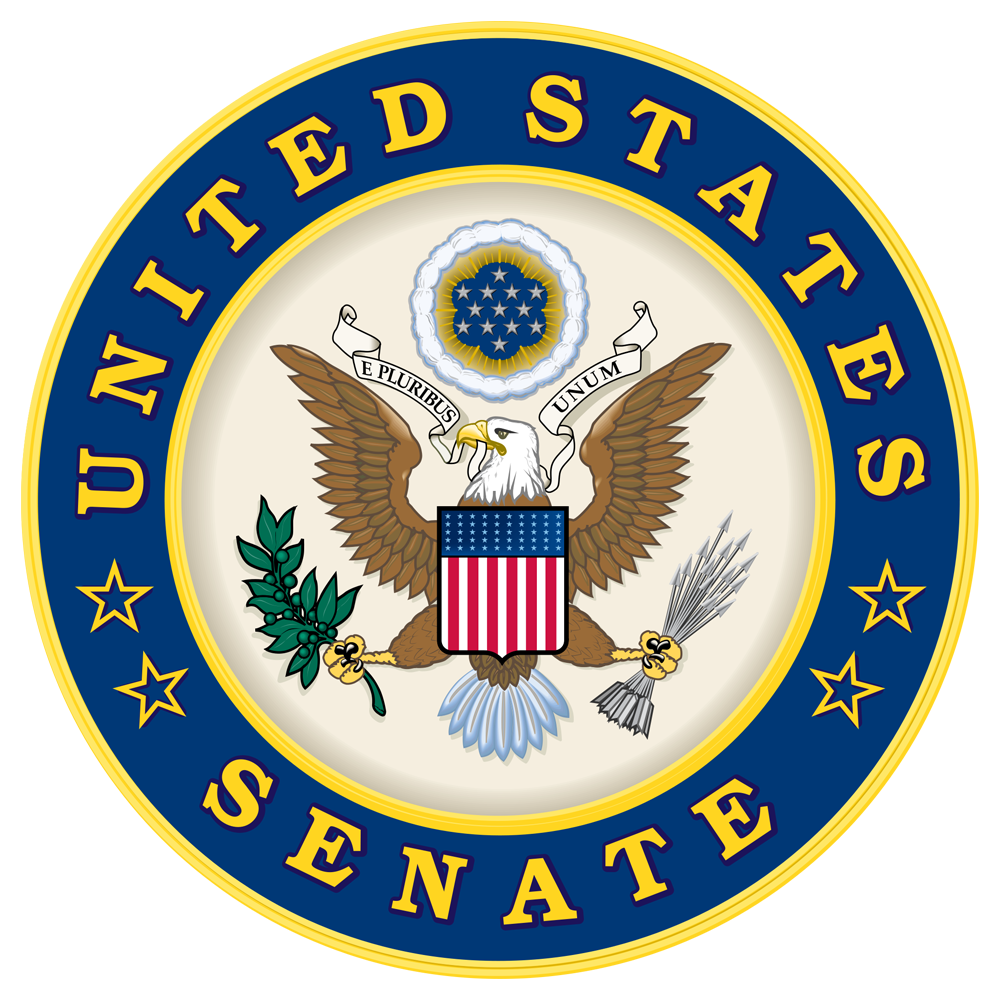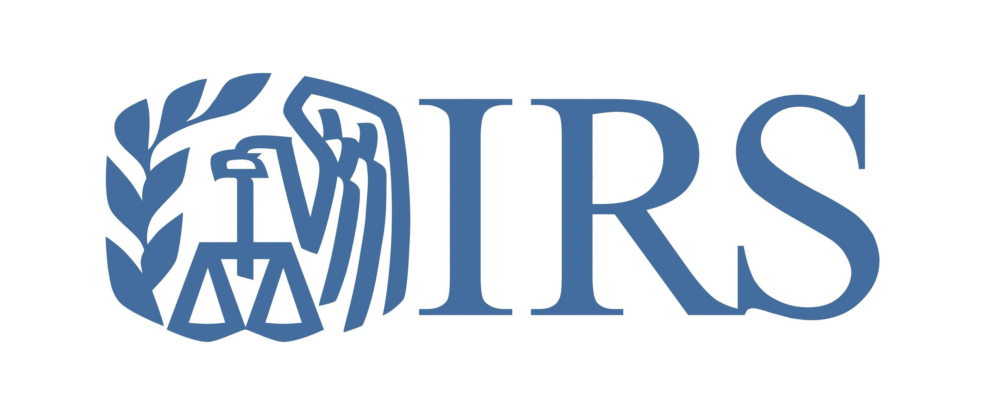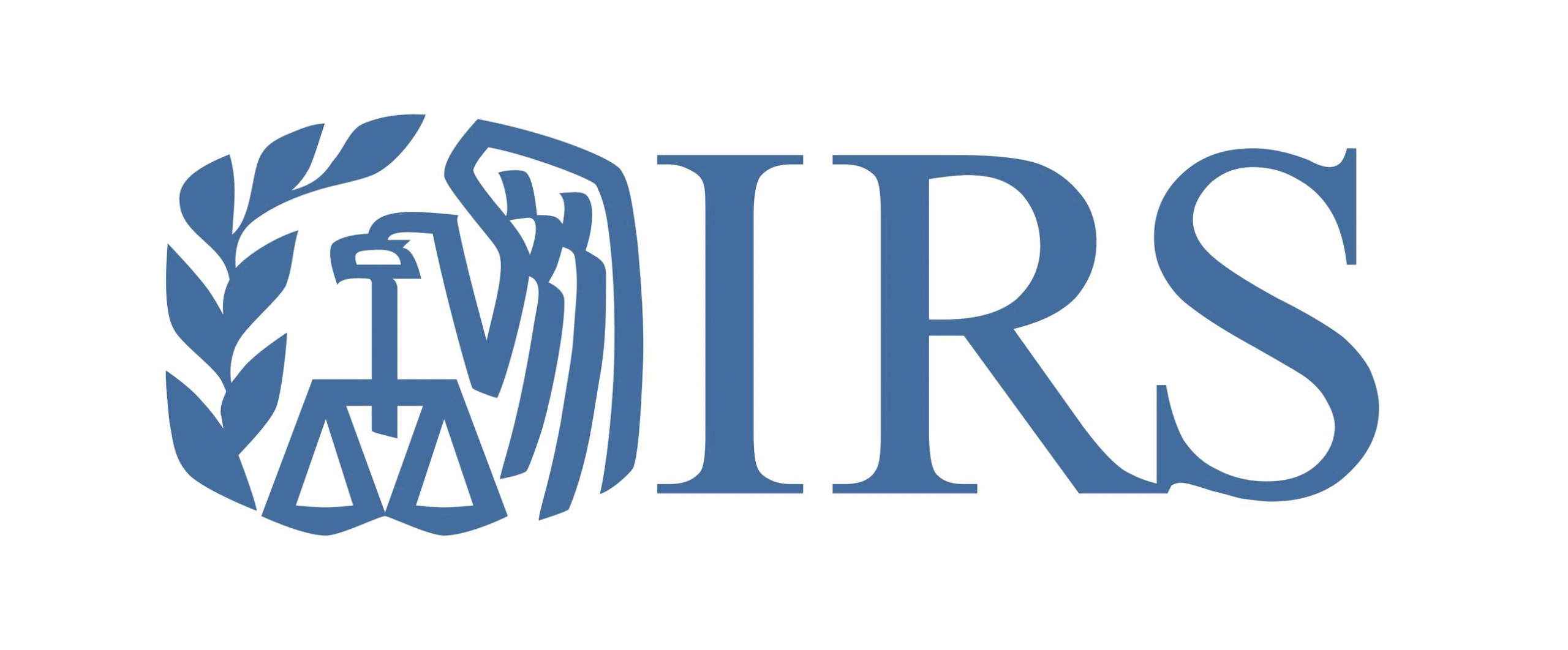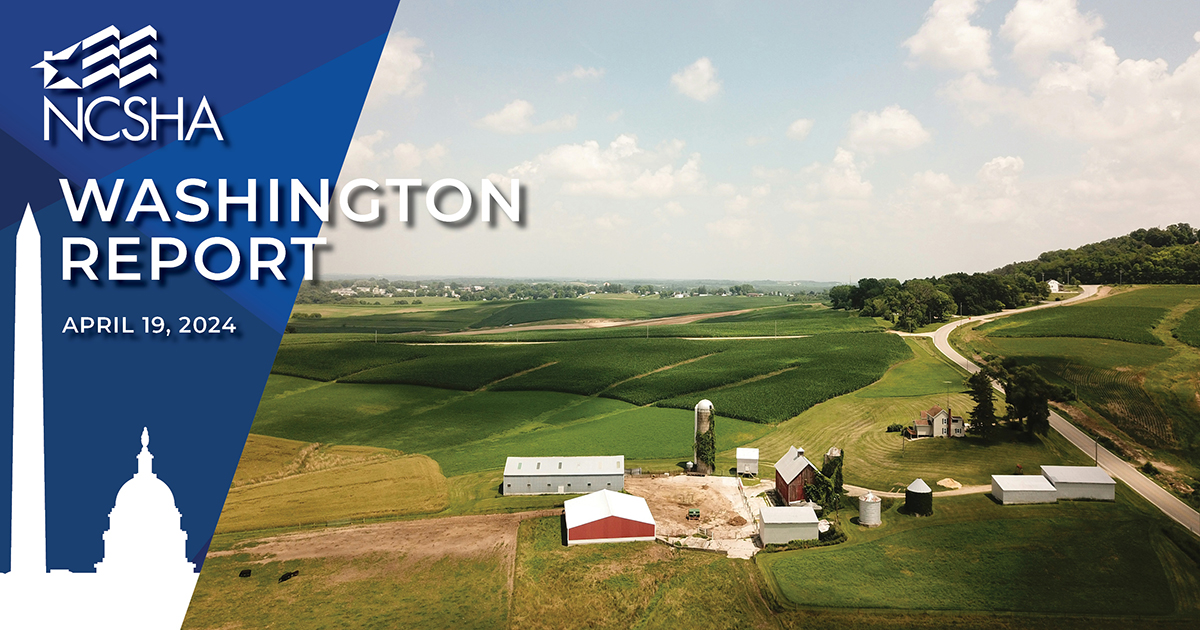 In the event of a Presidentially Declared Disaster (PDD), federal agencies such as the U.S. Department of Housing and Urban Development (HUD) and the Treasury Department may waive certain program requirements in disaster-impacted areas. Different rules apply to different programs and in some cases states must make formal application to the appropriate federal agency. The resources below are designed to help HFAs navigate the procedures for obtaining disaster relief among the various federal housing programs.
In the event of a Presidentially Declared Disaster (PDD), federal agencies such as the U.S. Department of Housing and Urban Development (HUD) and the Treasury Department may waive certain program requirements in disaster-impacted areas. Different rules apply to different programs and in some cases states must make formal application to the appropriate federal agency. The resources below are designed to help HFAs navigate the procedures for obtaining disaster relief among the various federal housing programs.
To qualify for disaster relief, the federal government must first issue a disaster declaration for an area or areas within your state. The Federal Emergency Management Agency (FEMA) website will help you determine if your state has received a federal disaster declaration.
NCSHA has organized helpful resources under the following headers:
- U.S. Treasury/Internal Revenue Service
- Housing and Urban Development
- U.S. Department of Agriculture
- Assistance to Individuals and States
- State Disaster Relief Programs
Contacts:
- To find local housing assistance, please contact your state’s Housing Finance Agency (HFA).
- To learn more about NCSHA’s advocacy work in this area or to attend a related education event, complete the general inquiry form.
- Members of the media, please contact Lisa Bowman, Director of Marketing and Communications, at lbowman@ncsha.org.
1. U.S. Treasury/Internal Revenue Service
Housing Credit:
In the event of a PDD, the IRS may issue guidance providing relief from certain Housing Credit program requirements.
IRS Guidance:
- IRS Revenue Ruling 2024-05: Qualified Disaster Zones in 2021 and 2022 and State Housing Credit Ceilings
- IRS Notice 2021-45: State Populations Residing in Qualified Disaster Zones
- IRS Revenue Procedure 2014-50: Disaster Relief Guidance under Section 142 for Bond Properties and Bond-Financed Housing Credit Properties
- IRS Revenue Procedure 2014-49: Disaster Relief under Section 42 for Housing Credit Properties
- IRS Chief Counsel Advice Memorandum (CCA200913012): Issues Arising when Qualified Low-Income Buildings are Damaged by Casualty
- Revenue Ruling 96-35: Characterization of FEMA Assistance to Qualified Low-Income Buildings
Tax Exempt Bonds:
In the event of a PDD, the IRS may postpone certain requirements of the tax exempt bond program for disaster-impacted areas.
2. Housing and Urban Development
HUD provides a variety of disaster resources with rules that vary depending on the program. The following link provides guidance for dealing with disaster-impacted properties funded through FHA, Ginnie Mae, Public and Indian Housing, HOME, CDBG, and for maintaining compliance with the Fair Housing Act.
Chapter 38 of the HUD Handbook 4350.1, Multifamily Asset Management and Project Servicing, covers the many different aspects of servicing multifamily properties that were damaged or vacated as a result of a PDD.
3. U.S. Department of Agriculture
In areas affected by natural disasters, USDA can help existing Rural Development borrowers who are victims of a disaster. The links below provide information on disaster assistance options:
- RD Multifamily Housing (MFH) – Disaster Guidance to RD State Offices
- RD Handbook 2-3560
- USDA maintains a Multi-Family Housing Rentals search website for individuals and families looking for rental housing.
4. Assistance to Individuals and States
If the federal government makes assistance available directly to individuals after a disaster, the following website provides information on obtaining help before, during and after a disaster: DisasterAssistance.gov
In addition, tax relief may be available to individuals and businesses in the event of a disaster: Tax Relief in Disaster Situations
To assist State, Tribal, and local governments, FEMA administers a Public Assistance (PA) Grant program to help communities to quickly respond to and recover from major disasters or PDDs. Through the PA program, FEMA provides supplemental Federal disaster grant assistance for debris removal, emergency protective measures, and the repair, replacement, or restoration of disaster-damaged, publicly owned facilities and the facilities of certain Private Non-Profit (PNP) organizations. The PA Program also encourages protection of these damaged facilities from future events by providing assistance for hazard mitigation measures during the recovery process.
The following link provides further information about the PA program: Assistance for Governments and Private Non-Profits After a Disaster
5. State Disaster Relief Programs
In addition to federal assistance, States have created their own disaster relief programs including forms and procedures that may be helpful to other states. Examples of these are provided below:









